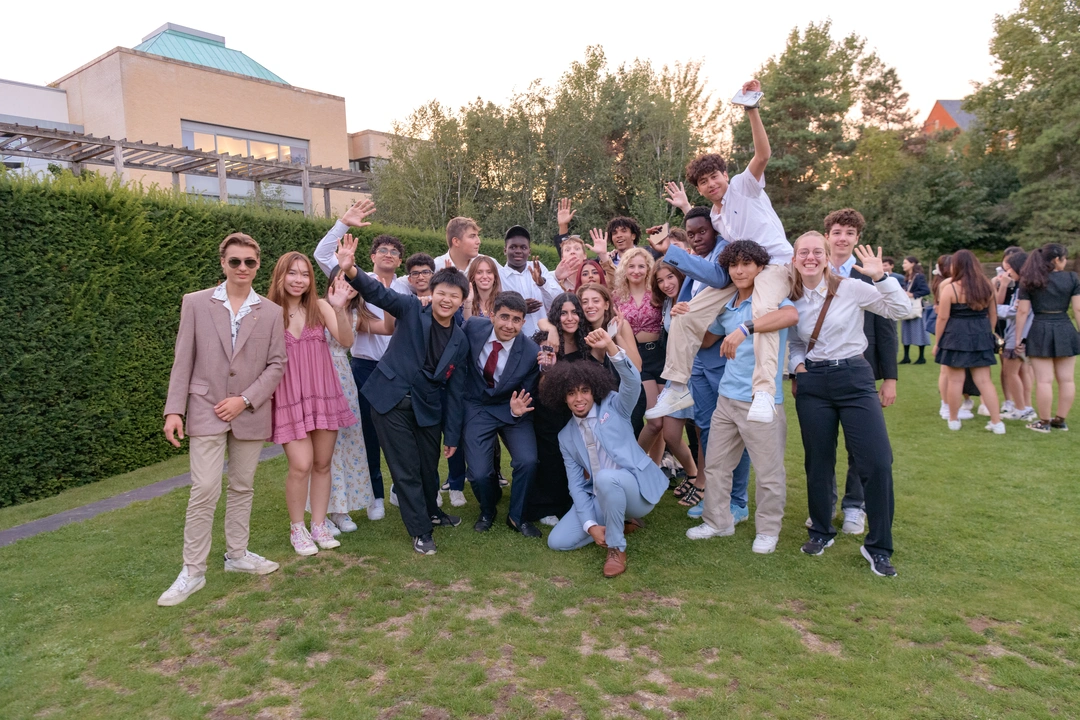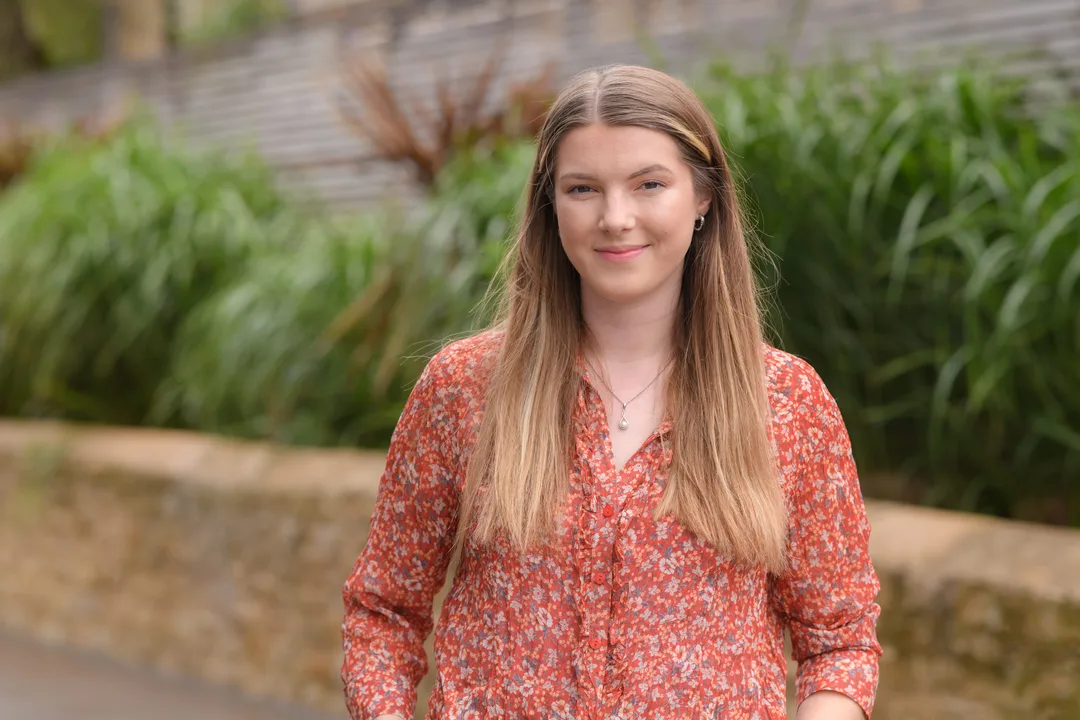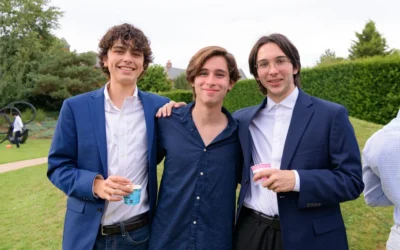As we’ve been working to devise new careers resources and tools to support students and educators, our Project Executive, Izzy, has reflected on her own experiences of careers support and education at school.
Please note, Oxford Scholastica does not affiliate with the University of Oxford.
About Me
I recently graduated from the University of Oxford, where I studied Philosophy, Politics and Economics (PPE).
However, I wasn’t always sure that I wanted to study PPE. I hadn’t studied philosophy or politics at school, and was unsure if it was the right course for me. Unlike many PPE applicants, I didn’t want to be Prime Minister and didn’t know what (if any!) career paths PPE could offer outside of politics.
I flicked between a lot of different potential subjects: law, business, English and even maths. I tried to read around these subjects, but just couldn’t picture myself studying any of them at university. With a diverse range of interests, I wanted a course that would allow me to explore as many of them as possible!
At 17, I attended a summer school in Oxford, specifically for those interested in PPE. It was on this course that I realised PPE was the perfect course for me. The opportunity to attend lectures on a diverse range of subjects, from climate economics to the politics of China, as well as the chance to engage in discussions with like-minded people my age, showed me that PPE is more than a Prime Minister production line. I spent the remainder of my Year 12 summer delving deeper into some of the topics we’d discussed. I was then ready to write my university application in the coming autumn.
Even when I was applying to university, I was unsure of the career path I wanted to pursue. I didn’t feel that school careers education had prepared me particularly well.
What Careers Support Did I Receive at School?
My careers education began in 2015, while I was in Year 9. My class and I were given a simple careers questionnaire that claimed to be able to achieve the impossible. It would determine our ‘perfect’ career choices.
The quiz asked simple questions. Are you a people person? Are you creative? Is maths your favourite subject? Within a few clicks, I had unlocked the path to my so-called ‘perfect’ future.
I vividly recall the disappointment I felt as my top three appeared on screen:
- Bartender
- Binman
- Aircraft marshal
While these options reflected my desire to work in a team in a social job, and accounted for my strong organisational skills, the quiz made no attempt to consider my motivations. My interest in charity work and social impact went unnoticed. My love of academia and hopes of going to a competitive university became unnecessary and irrelevant. I was left with roles that I may have been a good fit for, but weren’t a good fit for me.
The teacher then encouraged us to research the best higher education options for the careers that resulted from the quiz and to make a full career plan. It became evident early on that my careers lessons focused on identifying a specific path and following it.

Does the ‘One Career’ Model Work for Gen Z?
It’s now commonly accepted that Millennials, Gen Z and likely the generations that follow will not choose a single career and stick to it for their whole lives. As well as increased job-hopping between companies, research also shows that the days of Baby Boomers working for one company their whole professional lives and climbing the career ladder within one role or department are firmly behind us.
So, if the careers education I received has become outdated, what can we change to support today’s secondary school students?
What I Wish I Had Known About Careers in High School
Here are the three main things I wish I had known about careers when I was in high school.
1. It’s okay to be uncertain
Early careers education should focus on discovering options and pursuing curiosities. Fixating on a specific career path doesn’t equip you with the skills or flexibility you need to thrive in a constantly changing work environment.
2. Your degree doesn’t have to dictate your career path
Studying law doesn’t mean you have to be a lawyer. Studying medicine doesn’t mean you have to be a doctor and studying PPE definitely does not mean that you have to be Prime Minister.
While a small number of careers require a particular degree, no degrees pigeonhole you into just one job from the age of 21 through to retirement.
It’s important to choose a course based on subjects that you enjoy and topics that you really want to spend three (or more!) years studying, rather than solely fixating on the career you might start at the end of it.
3. A whole world of careers exists out there
There are so many different career paths beyond the traditional choices that young people often face. My 15-year-old self certainly didn’t plan to become a project executive and probably had never even heard of such a role.
Be open-minded, seek and embrace opportunities, and stay ready to learn. I suggest that most people don’t find their perfect role in the one they’ve had their mind set on since birth, but in the one they discover through research and learning.
Instead of a search for the ‘perfect career’, I suggest that careers education should offer an opportunity for students to explore sectors that they’re genuinely interested in and passionate about. It should provide a chance to uncover the multitude of different roles and options that are available to them, and an opportunity to reflect on what they enjoy doing and what they’re curious about.

By Izzy Mencattelli
Izzy graduated from Oxford University, where she studied Philosophy, Politics and Economics. While studying, she developed a particular interest in ethics and wrote her undergraduate thesis on the ethics of the family. Alongside her studies, she volunteered on numerous charity projects and spent a year as President of Oxford RAG. Izzy now works as Project Executive at Oxford Scholastica, where she supports the delivery of a range of projects to help students get the edge for their futures.





